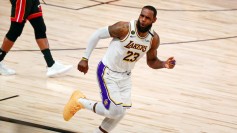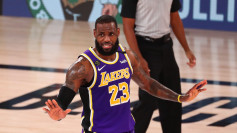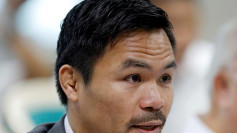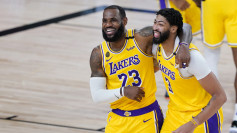Novak Djokovic, the world-renowned tennis player, is facing controversy and calls for suspension following allegations of refusing an anti-doping test prior to his Davis Cup match against Britain's Cameron Norrie. This incident has stirred debate in the sports world, particularly in light of Djokovic's crucial role in leading Serbia to a quarter-final victory over Great Britain on November 23 in Malaga.
Reports suggest that Djokovic, a 24-time Grand Slam winner, declined to provide a sample in a random drug test 90 minutes before his match. He later justified his decision, stating that the timing of the test was "outrageous" and would disrupt his pre-match routine. Djokovic argued that it made more sense to conduct the test post-match, as he had been following his pre-game rituals when notified about the test.
Marc Madiot, a former cyclist and current team boss of UCI WorldTeam Groupama-FDJ, has voiced strong opinions on the matter, advocating for Djokovic's suspension. Madiot emphasized the strict anti-doping protocols in sports, drawing parallels with cycling where refusal to test results in automatic positive findings. "There are rules of testing before and after the competition...Mr. Novak Djokovic must be suspended," Madiot stated in an interview, expressing disbelief that Djokovic only received a warning without further consequences.
Madiot's concerns extend to the possibility of certain doping products being undetectable if not tested for within a specific timeframe. This raises questions about the effectiveness of post-match testing alone.
Djokovic, who did provide his sample following his victory over Norrie, expressed his frustration over the situation, noting it was a first in his 20-year career. He explained that his focus at that time was solely on his match preparation, not on providing blood or urine samples. "It's the first time it's happened to me...They gave me an hour and a half's notice...I don't have to think at that point about donating blood or urine," Djokovic explained.
The Serbian star also revealed that an anti-doping official had followed him for hours before the match, a situation he found unusual and distressing.
In a twist to the narrative, French publication L'Equipe reported that the International Tennis Integrity (ITIA) has clarified that Djokovic never refused to undergo the anti-doping test. According to ITIA, in team competitions like the Davis Cup, players have the option to be tested before or after matches, and Djokovic complied with these rules.
The controversy surrounding Djokovic's alleged refusal and the subsequent reaction from the sports community highlights the complexities and challenges of enforcing anti-doping measures in professional sports.




